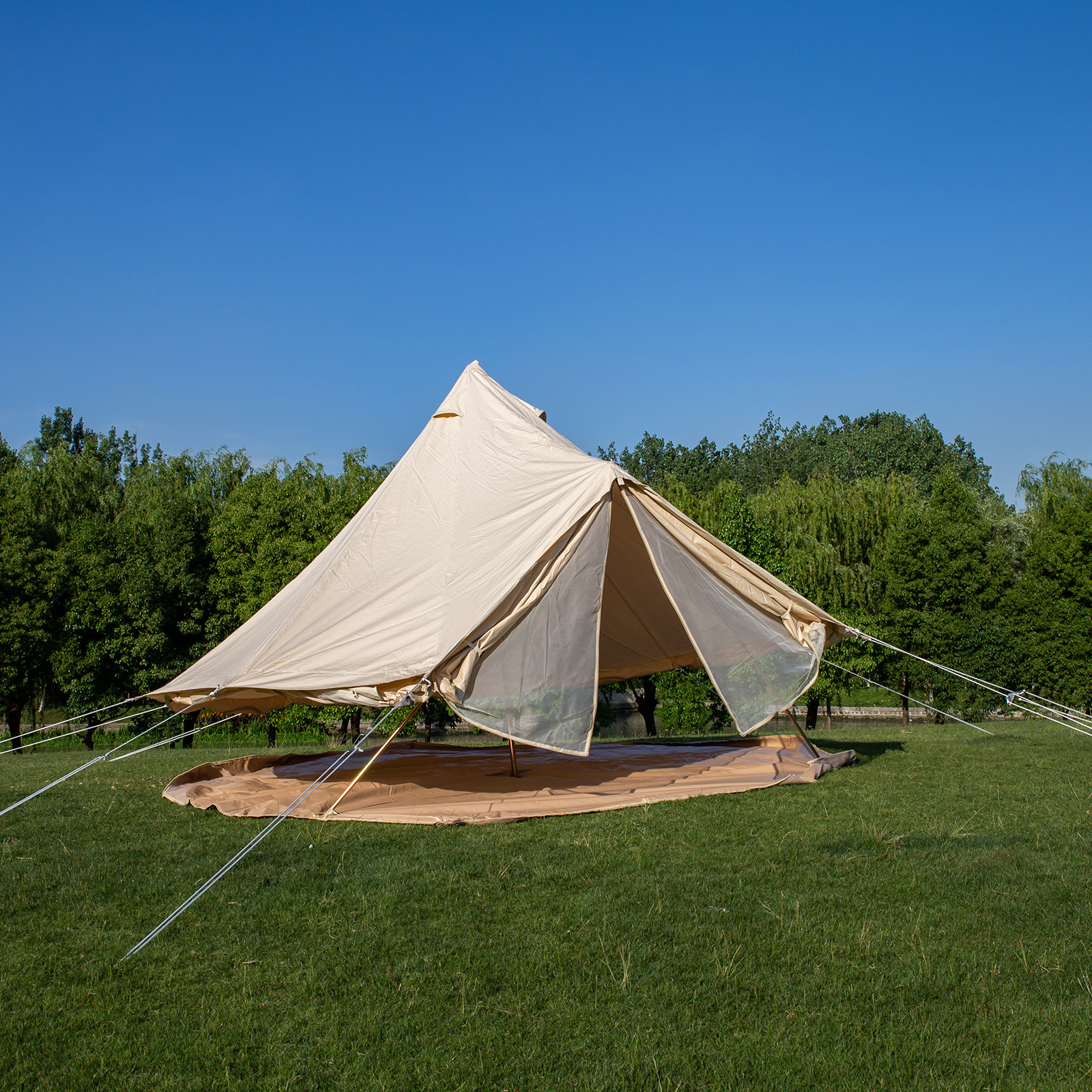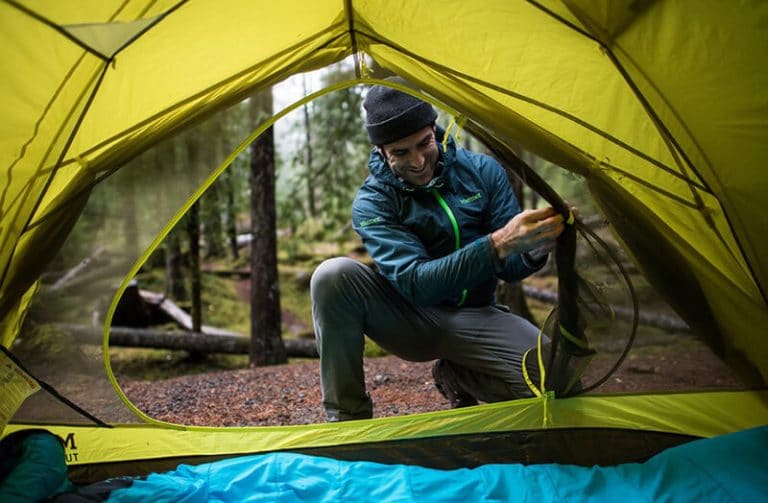I. Introduction to Waterproofing Canvas Tents

A. Importance of Waterproofing for Camping
When it comes to camping, having a waterproof tent is essential. Waterproofing helps protect against rain and moisture, ensuring that you and your belongings stay dry throughout your camping trip. Additionally, waterproofing helps prevent the growth of mold and mildew, which can be harmful to your health and degrade the quality of your tent.
B. Benefits of Waterproofing Canvas Tents
Waterproofing your canvas tent offers several benefits. Firstly, it extends the lifespan of your tent by preventing water damage and reducing wear and tear. Secondly, it enhances comfort and safety by keeping you dry and warm during rainy conditions. Waterproofing also helps maintain the structural integrity of the tent, ensuring it performs optimally in various weather conditions.
II. Understanding the Waterproofing Process for Canvas Tents
A. Choosing the Right Waterproofing Products
When waterproofing your canvas tent, it is important to select the right waterproofing agents. There are various types available, such as sprays, solutions, and coatings. Consider the tent material and its usage when choosing the appropriate waterproofing agent.
B. Preparing the Tent for Waterproofing
Before applying the waterproofing agent, it is crucial to clean and dry the tent thoroughly. Remove any dirt, debris, or mildew from the tent surface. Additionally, inspect the tent for any damages or leaks that need to be repaired before waterproofing.
III. Methods for Waterproofing Canvas Tents
A. Spray-on Waterproofing
Spray-on waterproofing is a popular method for treating canvas tents. It involves evenly applying a waterproofing spray over the tent surface. Follow the instructions provided with the spray for the application process and techniques. Research and read reviews to choose reliable and effective waterproofing sprays.
B. Seam Sealing
Seam sealing is another important step in waterproofing canvas tents. The seams of the tent are potential areas for water penetration. Use a specialized seam sealer to seal the needle holes and stitch lines. Follow a step-by-step guide to properly seal the seams and prevent water seepage.
IV. Tips for Maintaining Waterproofing on Canvas Tents
A. Regular Inspections and Touch-ups
Perform regular inspections of your tent to check for any signs of wear and tear or potential leaks. Pay attention to areas such as seams, zippers, and corners. Touch-up the waterproofing as needed, reapplying the waterproofing agent to maintain its effectiveness.
B. Proper Storage and Handling
Proper storage and handling of your tent can contribute to its longevity and waterproofing. Store the tent in a dry and ventilated area to prevent moisture buildup. Avoid storing it in damp or humid conditions. Handle the tent with care, avoiding contact with sharp objects that can puncture or damage the waterproofing layer.
V. Common Issues and Troubleshooting for Waterproofing Canvas Tents
A. Dealing with Leaks and Water Seepage
If you encounter leaks or water seepage in your tent, identify the source of the leak first. Inspect the seams, zippers, and tent material for any damages. Repair any leaks promptly using appropriate repair kits or tape. Reinforce problem areas with additional waterproofing as necessary.
B. Preventing and Treating Mold and Mildew
Proper ventilation is crucial in preventing mold and mildew growth. Ensure that your tent is adequately ventilated during and after use. If mold or mildew develops, use mold and mildew removers specifically designed for tents. Follow the instructions provided to safely and effectively eliminate mold and mildew.
In conclusion, waterproofing your canvas tent is crucial for protecting yourself and your belongings against rain, moisture, and the growth of mold and mildew. By choosing the right waterproofing products, properly preparing and applying the waterproofing agents, and regularly maintaining your tent’s waterproofing, you can ensure a dry and comfortable camping experience for years to come. Remember to perform regular inspections, address any leaks promptly, and take precautions for proper storage and handling. With a well-maintained and waterproofed canvas tent, you can fully enjoy your camping adventures without worrying about getting wet or dealing with the effects of moisture.
